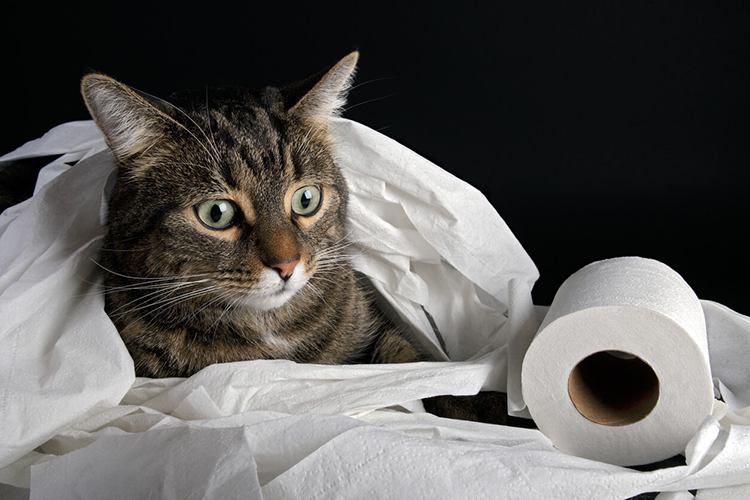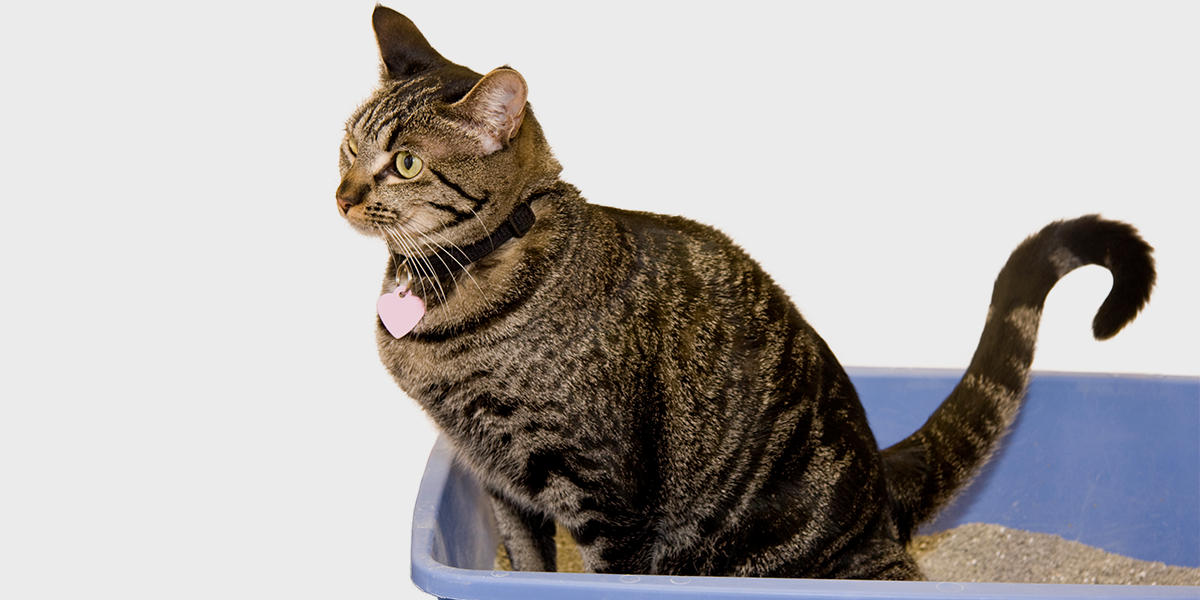Can Stress Cause My Cat To Have Diarrhea

You should take your cat to the vet to get checked out.
Can stress cause my cat to have diarrhea. Diarrhea is not a disease but rather is a sign of many different diseases. Viral or bacterial infections. Stress which is a key cause of litter box problems of various kinds.
Causes of diarrhea may be determined through a combination of. The most obvious behavior changes are increased movement hiding destruction and excessive vocalization. The cat ate something that caused diarrhea like garbage or spoiled food feeding your cat a new food ingredient sensitivities to chicken beef eggs dairy or soy inflammatory bowel disease stress metabolic or hormonal conditions obstruction of the.
The same is true for kittens they may have diarrhea when they come to a new home or enter an unfamiliar environment. Nerves can do a number on anyones bathroom habits and your cat is just as susceptible to the unpleasant effects. High levels of stress can cause or aggravate gastrointestinal symptoms such as nausea stomach pain and changes in bowel movements which can include constipation.
Food poisoning or ingestion of foreign matter. Moist logs or even a wet flop from time to time probably isnt cause for alarm. Blood stool and urine samples may be used to determine the cause of diarrhea.
Although a wide variety of health conditions have diarrhea as a symptom sometimes the cause can be attributed simply to stress or anxiety. This would be an exhaustively long list if we went into everything that can cause your cat to have loose stools but here are some of the general categories. It is important to make sure that the products that you feed to your cat are carefully inspected and introduced slowly.
One of the most common forms of cat anxiety is separation anxiety in which your cat becomes anxious and stressed when you leave their sight or when they are left home alone. This indicates a behavioral problem or potentially something more serious medically. An anxious cat may have physical reactions such as increased heart and respiratory rates panting trembling and salivation.



















